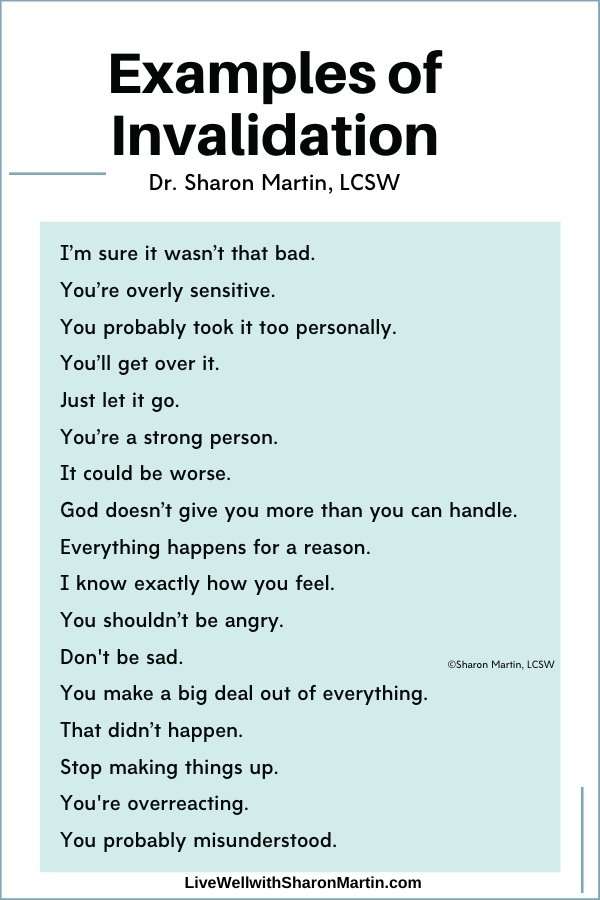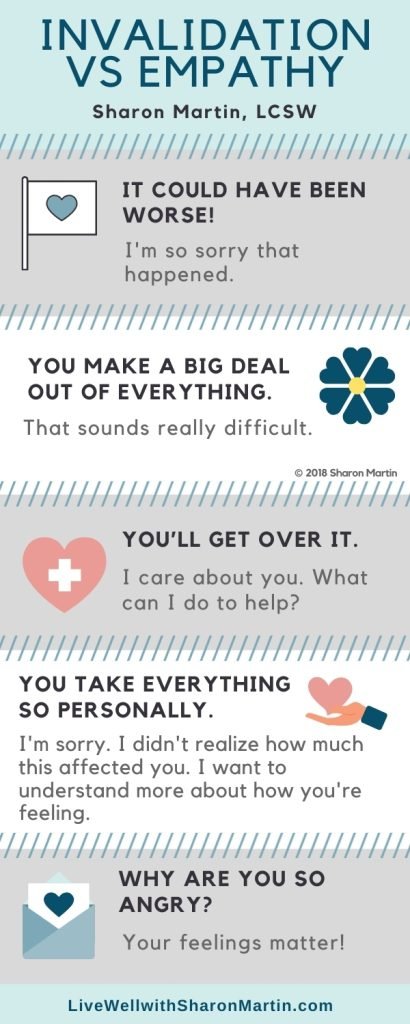So today I wanted to figure out how to actually spot emotional invalidation in my own marriage. You hear about it, right? But what does it really look like day-to-day? I decided to pay super close attention.

First, I started just observing our normal conversations for a week. I carried a little notebook – old school, I know. Every time my wife shared something, I tried to notice my first reaction and hers. It was awkward at first, like watching myself on camera.
Here’s what kept popping up:
- I caught myself giving quick fixes when she was upset. Like that Tuesday. She vented about her stressful meeting, and I immediately jumped in with “Just talk to your boss tomorrow!” or “Here’s what you should do…” Boom. Textbook minimizing her feelings.
- She started talking about feeling lonely since the baby came. My first instinct? “Aw honey, you know I work late to provide for us!” That right there? Deflecting. Making it about my reasons instead of hearing her loneliness.
- When she cried about her mom being sick last Thursday? I hugged her, but I also said “Try not to worry, it’ll be okay.” Sounds nice, right? But my notebook entry screamed: Dismissing. Trying to stop the feeling instead of letting her have it.
- Then I noticed her doing stuff back to me! I complained about my back pain after yardwork Saturday. “Well, you did lift those heavy pots,” she sighed. Felt like blame – like my pain was my fault. Invalidating.
By day 5, it felt eye-watering. Seriously. We were drowning in tiny little invalidations, constantly brushing each other’s feelings aside without realizing. It wasn’t big fights, just these little papercuts adding up.
So I tried this one thing: When either of us started sharing something – big or small – I forced myself (and gently asked her) to do TWO things before anything else: JUST LISTEN. And then say “That sounds really [frustrating/hard/sad/etc]” or “I hear you.”
Sounds dumb simple. Wasn’t.

- My brain itched to problem-solve when she talked about work. I literally bit my tongue sometimes.
- Her? She’d automatically say “Don’t feel bad” when I was down. Habit!
We messed up constantly. Had to laugh sometimes because it was so mechanical at first. But slowly, conversations changed. Listening actually feels different than waiting for your turn to fix it or correct it.
Now? We’re not perfect. Still catch ourselves sliding into old patterns. But now we SEE it. Recognizing those little dismissals, the quick fixes, the blame disguised as concern… that’s the first step. Spotting them feels like noticing weeds in the garden. You gotta see ‘em before you can pull ‘em.









